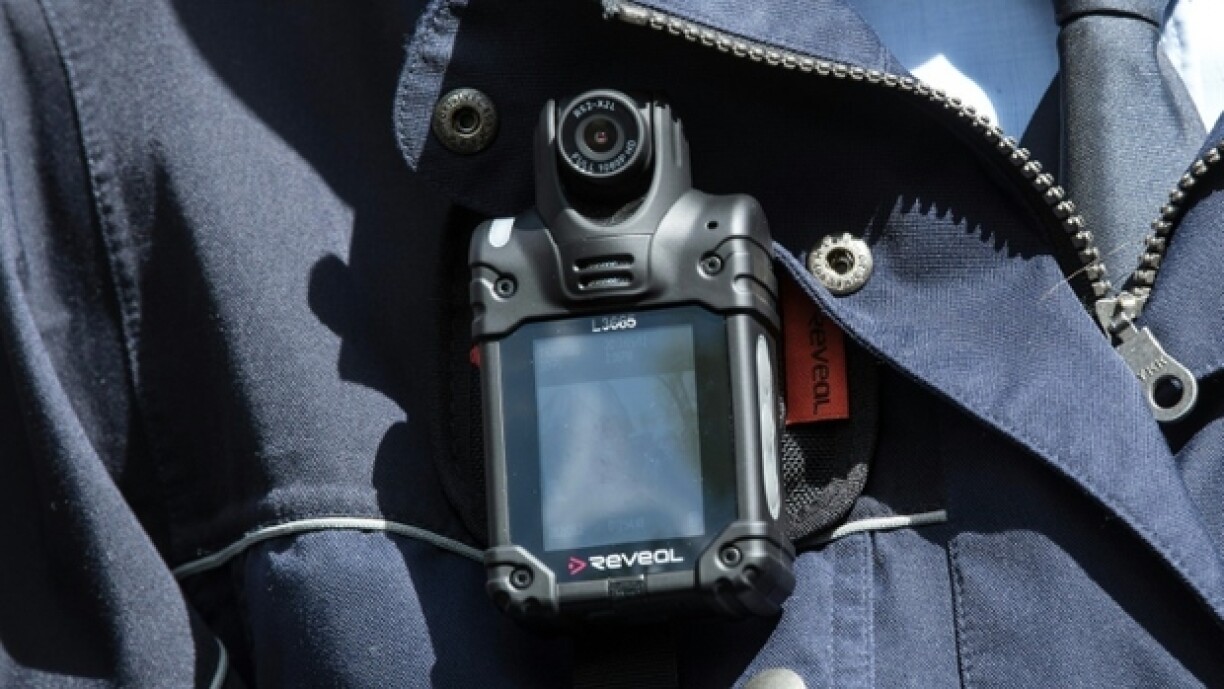
The Council of State has submitted a formal opposition in its official opinion on the bodycam bill, which started the approval process in July.
The body, which has an advisory function to the legislative Chamber of Deputies, says the text of the law does not deliver the government’s promises.
Under the scope of the bill, although police officers will all be equipped with bodycams, the cameras will not record all the time, instead deploying only for specific situations.
The state plans to invest €6 million on bodycams over the next five years.
In the bill’s explanatory memorandum, the government argues the bodycams are there to protect police officers in situations where they risk being attacked, or if they later have to prove the legality and legitimacy of their actions following an operation.
On the other hand, the cameras would also contribute to the protection of citizens in cases where a police officer behaves incorrectly.
In a non-representative survey carried out by RTL Today in March, 86% of readers supported the introduction of bodycams. Just 6% opposed the measure, while 8% did not know.
The Council of State noted that the bill did not clarify whether the data from the cameras may be used in cases of police misconduct, and demanded this be specified in the text.
The decision to film also currently lies with the officer wearing the bodycam, according to the current iteration of the text. Here, the council suggests the person dealing with the officers should be able to request filming.
The council’s formal opposition to the law concerns the part of the text which stipulates that the person being filmed must be informed about the act of filming.
The text envisions a number of exceptions in which a person would not have to be informed, in, for example, a stressful situation. However, the stress factor during a police intervention is said to be insufficient to disobey the general rule.
The council said the bodycam recordings could be an invasion of privacy, meaning the principle of proportionality should be applied, in accordance with the constitution. The council therefore proposed a different wording of this portion of the text.
The text also suggests that officers can inform the person of the bodycam’s presence either orally or in a different way. However, the council says it is not clearly defined how a police officer could communicate the necessary information regarding filming if not orally.
The Council of State calls upon the government to clearly define how the data from the bodycams could be accessed. If a police officer should later consult the data, this should be clearly recorded, along with the officer’s statement on why they needed to view the images. This could be done via a written request to the General Director of the police, suggests the council.
Finally, the Council of State concluded the government needed to clearly specify when filming could take place on sites which are not publicly accessible.